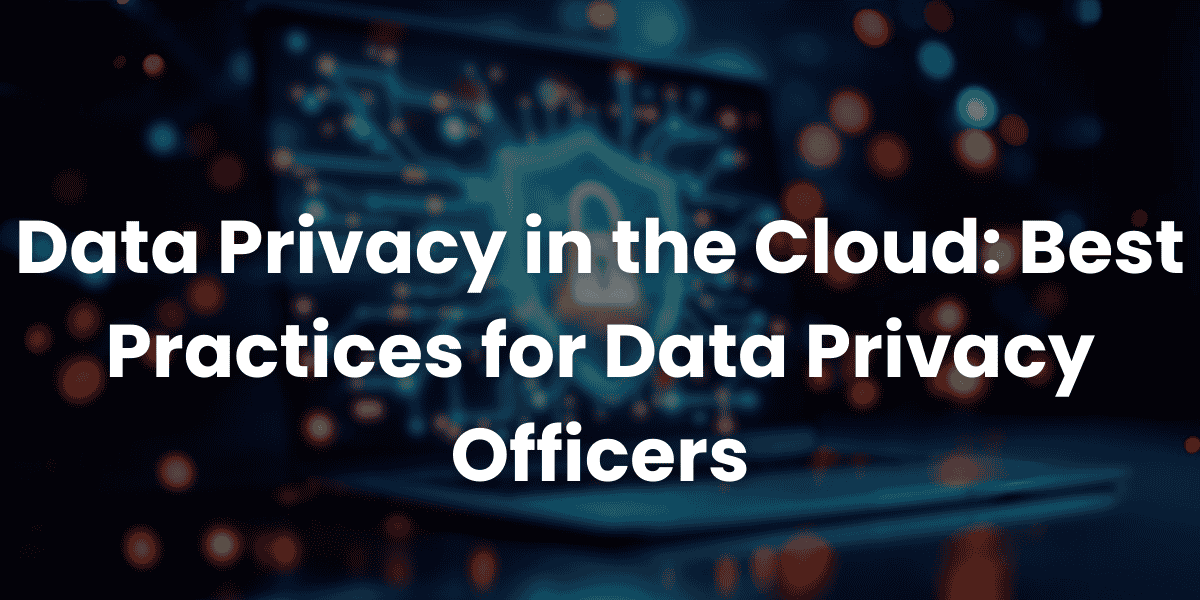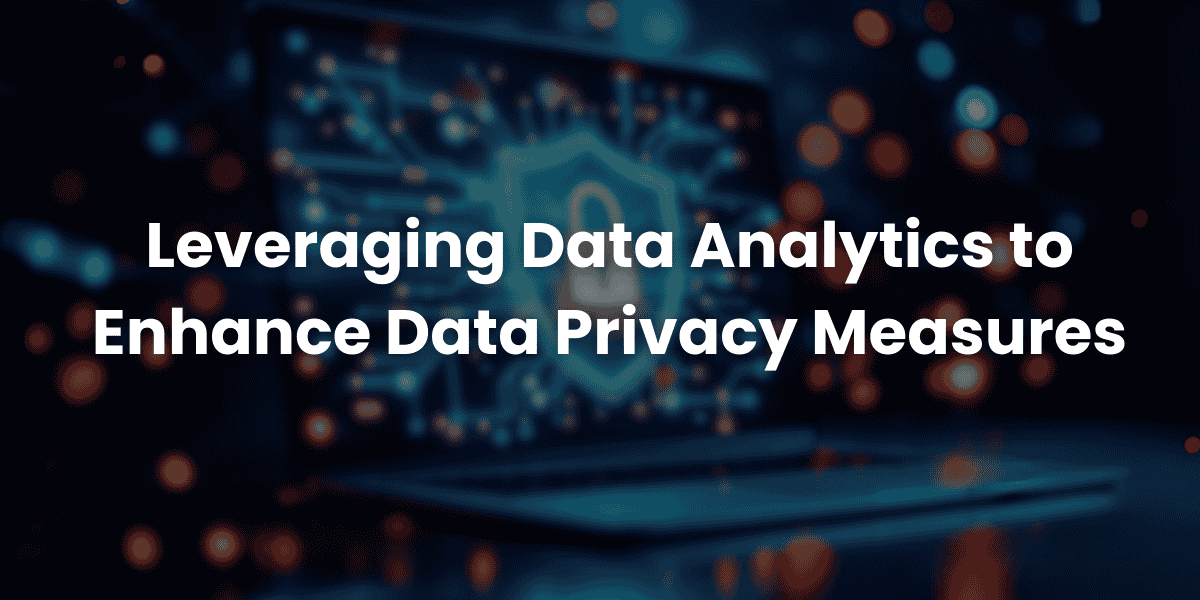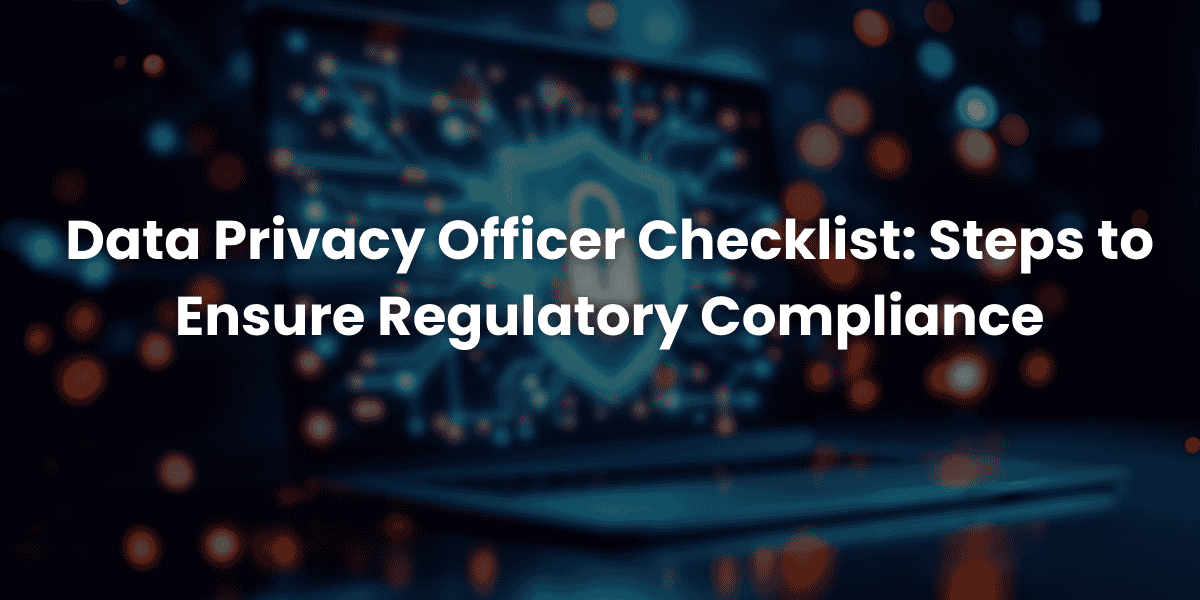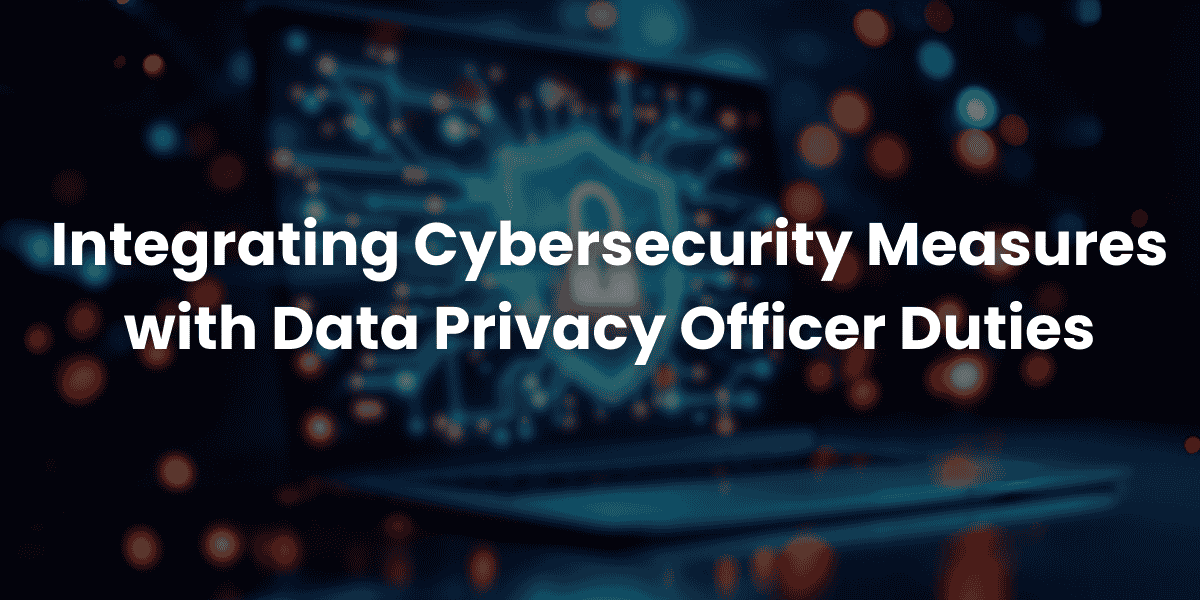In recent years, data privacy laws have undergone significant transformations to address the growing concerns surrounding personal data protection. From the introduction of GDPR to emerging regulations worldwide, a Data Privacy Officer plays a crucial role in helping organizations adapt to these changes. This article explores the evolution of data privacy laws and their implications from the perspective of a Data Privacy Officer.
1. The Rise of GDPR: A Global Benchmark
The General Data Protection Regulation (GDPR), introduced in 2018, marked a turning point in data privacy legislation. A Data Privacy Officer views GDPR as a global benchmark for protecting personal data. Its principles, such as lawfulness, transparency, and accountability, have influenced privacy laws worldwide. Organizations rely on a Data Privacy Officer to ensure compliance with GDPR’s stringent requirements.
2. The Emergence of CCPA and State-Level Regulations
In the United States, the California Consumer Privacy Act (CCPA) set a precedent for state-level data privacy laws. A Data Privacy Officer must navigate the complexities of CCPA while preparing for similar laws in other states, such as the Virginia Consumer Data Protection Act (CDPA). These regulations highlight the need for a Data Privacy Officer to stay informed about regional variations.
3. The Shift Toward Consumer-Centric Privacy
Modern data privacy laws emphasize consumer rights, such as the right to access, delete, or opt out of data sharing. A Data Privacy Officer ensures that organizations implement processes to honor these rights. By prioritizing consumer-centric privacy, a Data Privacy Officer helps build trust and strengthens customer relationships.
4. The Role of Technology in Shaping Privacy Laws
Advancements in technology, such as artificial intelligence and big data analytics, have raised new privacy concerns. A Data Privacy Officer must address the ethical and legal implications of these technologies. As privacy laws evolve to regulate emerging technologies, a Data Privacy Officer ensures that organizations remain compliant and responsible.
5. The Growing Importance of Cross-Border Data Transfers
With globalization, cross-border data transfers have become a focal point of data privacy laws. A Data Privacy Officer ensures that international data transfers comply with regulations like GDPR’s adequacy decisions or standard contractual clauses. Navigating these complexities is essential for maintaining trust and avoiding penalties.
6. The Impact of Breach Notification Requirements
Many modern privacy laws mandate timely breach notifications to affected individuals and authorities. A Data Privacy Officer develops incident response plans to meet these requirements. By ensuring swift and transparent communication, a Data Privacy Officer minimizes reputational damage and regulatory risks.
7. The Need for Continuous Education and Training
As data privacy laws evolve, a Data Privacy Officer must stay updated on regulatory changes and educate employees accordingly. Training programs led by a Data Privacy Officer help employees understand their responsibilities and reduce the risk of non-compliance.
8. The Influence of International Cooperation
International cooperation has played a significant role in shaping data privacy laws. Agreements like the EU-U.S. Privacy Shield (before its invalidation) demonstrate the importance of aligning privacy standards globally. A Data Privacy Officer monitors these developments to ensure that organizations remain adaptable in a globalized economy.
9. The Future of Data Privacy Legislation
The future of data privacy laws will likely focus on stricter enforcement, broader consumer rights, and greater accountability for organizations. A Data Privacy Officer anticipates these trends and prepares organizations for upcoming challenges. By staying proactive, a Data Privacy Officer ensures long-term compliance and resilience.

10. The Central Role of a Data Privacy Officer
Throughout the evolution of data privacy laws, the role of a Data Privacy Officer has become increasingly indispensable. From interpreting complex regulations to implementing robust privacy measures, a Data Privacy Officer ensures that organizations protect sensitive information and maintain trust with stakeholders. Their expertise is vital for navigating the ever-changing landscape of data privacy.
Conclusion: Adapting to the Evolving Privacy Landscape
The evolution of data privacy laws reflects society’s growing emphasis on protecting personal data. A Data Privacy Officer plays a pivotal role in helping organizations adapt to these changes and uphold their responsibilities. By staying informed, fostering a culture of privacy, and leveraging technology responsibly, a Data Privacy Officer ensures compliance and positions the organization for success in an increasingly regulated world.






